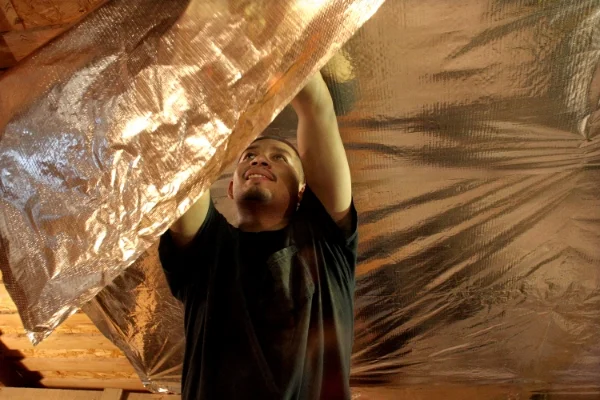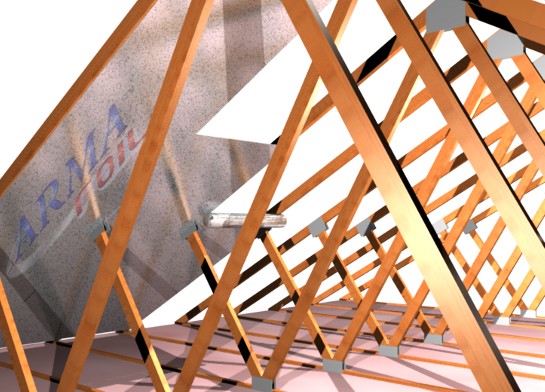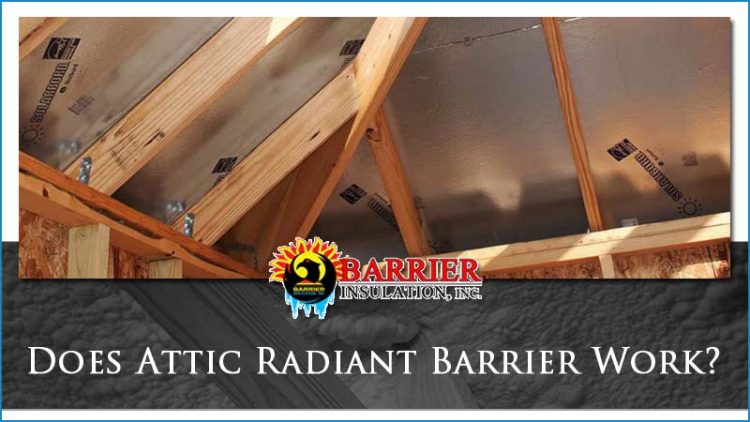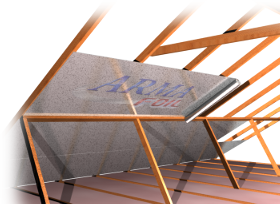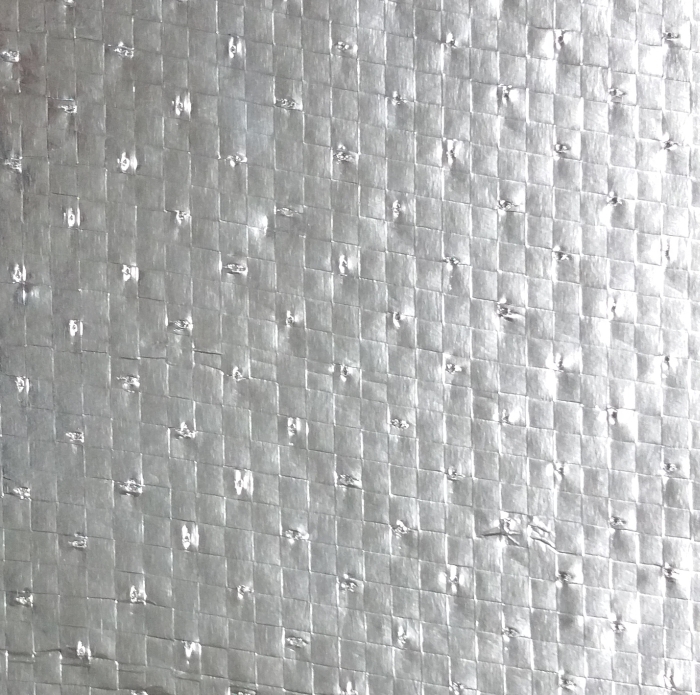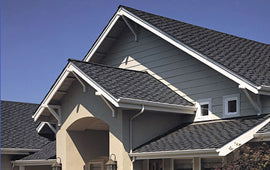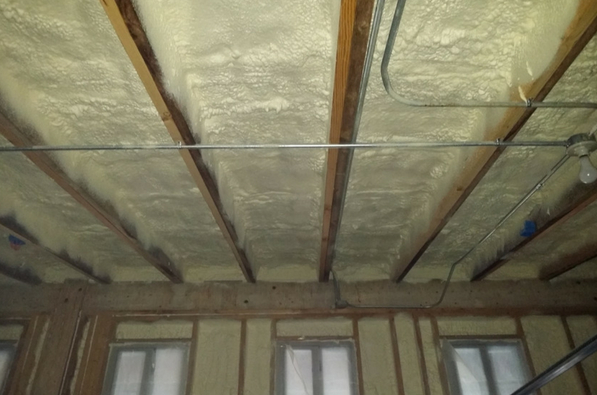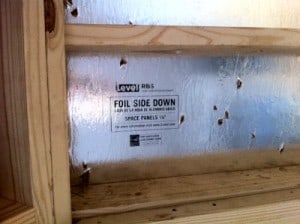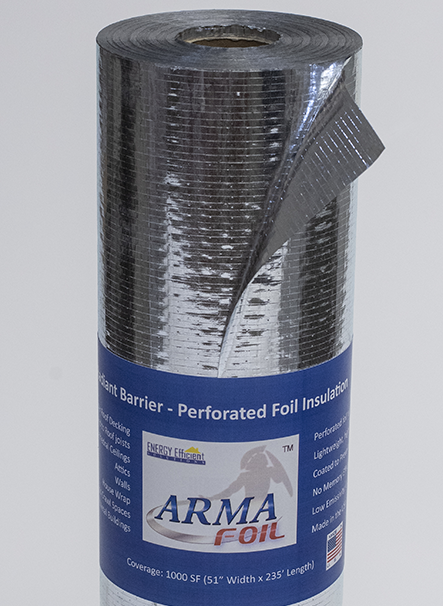Radiant Barrier Attic Oxidation
Benefits of radiant barrier sheathing.
Radiant barrier attic oxidation. The latest tests and studies have shown that on average heat radiant barriers help reduce about 20 to 30 of energy lost provided that they re installed properly. Oxidation of aluminum radiant barriers metalized films. Radiantguard radiant barrier foil insulation installed in an attics can reduce attic temperatures by up to 30 degrees when stapled with a staple gun to the underside of roof rafters by reflecting up to 97 of the radiant heat that strikes its surface thereby reducing heat. Our do it yourself radiant barrier will make your home more comfortable and energy efficient.
Atticfoil is the proven solution for 250 000 homes. Depending on where exactly you live you might want to use heat radiant barrier in the attic especially in the summer or around your external house walls to prevent heat being lost during the winter. When utilizing osb radiant barrier sheathing you can reflect up to 97 of solar radiation which translates into an attic heat reduction of up to 30 f. Radiant barrier installation attic radiant barrier installation most of the heat entering a home comes through the roof.
The aluminum remaining under the clear layer continues to reflect radiant heat as efficiently as before oxidation. 100 satisfaction 1 year money back guarantee. The simple answer is no it does not. The reason is because atticfoil is a pure aluminum product.
Unlike traditional thick layers of insulation radiant barrier is a thin reflective material. Installing radiant barrier under the roof decking is the preferred method versus on top of the insulation because it gives an air gap for the heat to escape to the ridge vent without creating a potential moisture problem between the radiant barrier and the attic floor. A cooler attic space means less heat moving to the cooler space below the attic. Radiant barrier should always be installed to work with the soffit and ridge.
Does atticfoil lose reflectivity over time because of oxidation. A radiant barrier must have an emissivity of 0 1 or less to be effective. Super r radiant barrier stapled underneath the rafters or laid on the attic floor over existing insulation will result in up to 50 percent energy savings in the summer according to the department of energy and up to 10 percent savings in the winter. Radiant barrier is a home insulation type that is focused on reducing summer heat gain.
A radiant barrier reduces the radiant heat transfer from the underside of the roof to the other surfaces in the attic. With regards to an aluminum foil insulation product the oxidation process does not diminish the reflectivity emissivity of the product because of the vast amount of aluminum in the product i e. Also the greater the temperature difference between the sides of the radiant barrier material the greater the benefits a radiant barrier.







